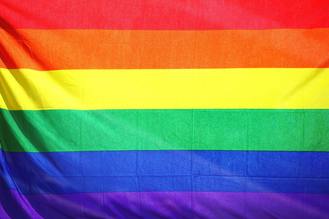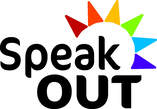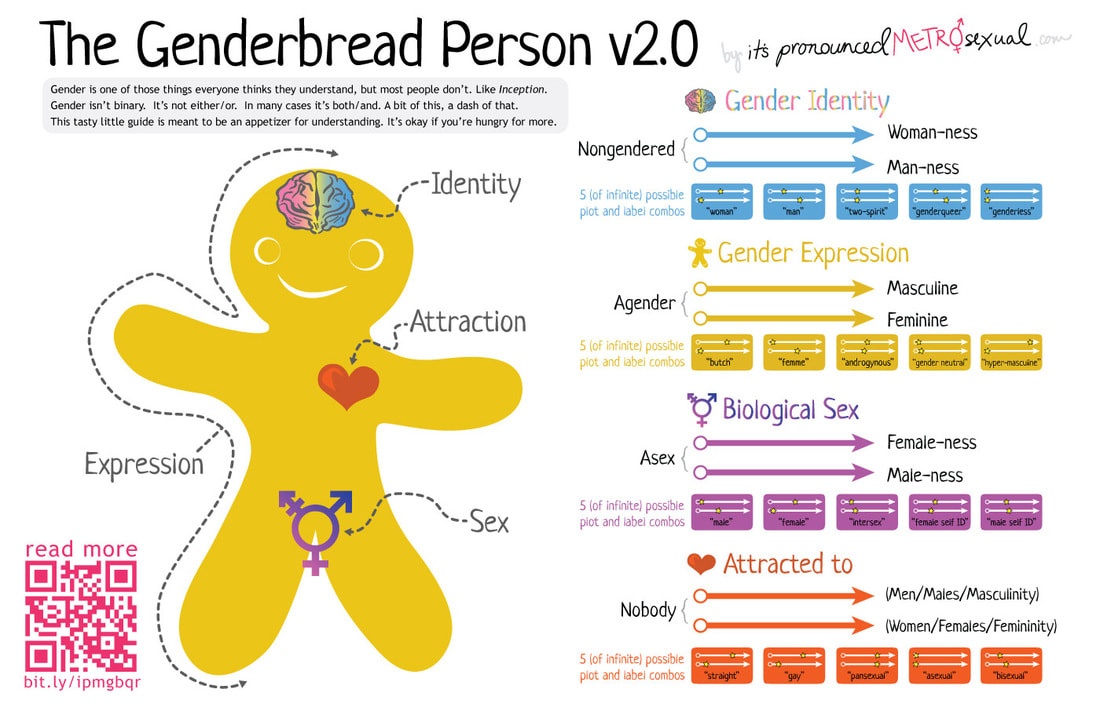LGBTQIA+ Health
|
What is LGBTQIA+?
LGBTQIA+ is an inclusive acronym that includes most or all sexual identities (the acronym LGBT, LGBTQ, and LGBTQ+ are also commonly used).
The good news is that adolescents and teens who identify as LGBTQIA+ are experiencing more support than ever before. The current generation of young people seems less prone to static labeling, and today’s more fluid culture of gender identity and sexual orientation embraces a wide spectrum between those who clearly identify as heterosexual on one end to those identifying as homosexual on the other. However, bias and misinformation still create a need for greater understanding and appreciation for what many LGBTQIA+ teens go through. In addition to all the usual developmental issues with which teens grapple, LGBTQIA+ teens in a predominantly heterosexual environment often face feelings of confusion and sexuality stress as they develop a sense of self and try to fit in with peers. In homophobic environments, they also face discrimination, rejection and harassment by others. LGBTQIA+ youth are one of the highest risk populations for mental health problems and unhealthy behaviors (smoking, drug use, excessive alcohol use, sexual risk behaviors, poor exercise and nutrition.) |
In Brookline’s most recent Youth Risk Behavior Survey, 11% of Brookline High School students reported that they were either lesbian, gay, bisexual or questioning. 84% of LGBTQIA+ teens report feeling overwhelming stress. |
|
Transgender Teens
Transgender youth have even more complicated issues as they struggle with feeling trapped in the wrong body and being marginalized by society. Read one teen's powerful story and transgender youth Skylar Kergil's remarkable video series documenting his female/male transformation. "Raising Zay" is one family's poignant and inspiring story of a child's transgender experience. Kathleen Burge's excellent Boston Globe story is also worth a read. Also consider these links: |
What Does Queer Mean?
For many, the term "queer" has long been regarded as pejorative, but more and more LGBTQ people are adapting the word to convey their sexual orientation and gender identity, using the “Q” in LBGTQ to stand not for “questioning” but for a more broad view of the gender spectrum with more and more terms in the mix as well. University of California at Davis's LGBTQIA Resource Center has an glossary that helps offer a handle on some of the terminology. |
Parent Support Makes All the Difference
Gender, sexual identity, and LGBTQIA+ life can be very confusing. Studies on families with LGBTQIA+ children suggest that parents who accept and advocate for their non-heterosexual teens may be protecting them from depression and ill health as adults. If you or your child would like to talk to someone, please contact social worker Mary Minott, Room 149 at Brookline High School -- 617-713-5155, [email protected]
Gender, sexual identity, and LGBTQIA+ life can be very confusing. Studies on families with LGBTQIA+ children suggest that parents who accept and advocate for their non-heterosexual teens may be protecting them from depression and ill health as adults. If you or your child would like to talk to someone, please contact social worker Mary Minott, Room 149 at Brookline High School -- 617-713-5155, [email protected]
Need Help Right Away?
Suicide is higher among LGBTQIA+ youth than in heterosexual teens. The Trevor Project is the leading national organization providing crisis intervention and suicide prevention services to lesbian, gay, bisexual, transgender and questioning (LGBTQ) young people ages 13-24. The organization offers a wealth of information as well as a 24/7 hotline – 1-866-488-7386.
Excellent articles include:
Suicide is higher among LGBTQIA+ youth than in heterosexual teens. The Trevor Project is the leading national organization providing crisis intervention and suicide prevention services to lesbian, gay, bisexual, transgender and questioning (LGBTQ) young people ages 13-24. The organization offers a wealth of information as well as a 24/7 hotline – 1-866-488-7386.
Excellent articles include:
- Talking About Suicide Among LGBTQ Teens
- Understanding Suicide Attempts in LGBTQ Teens
- NBC News' excellent series "Raising a Transgender Child" highlights how early transgender issues can manifest, but experts use a simple criteria that can help parents decide what is real vs. what might be a phase.
Additional Reading & Resources
|
Helpful Websites:
|
Websites for LGBTQIA+ Teens |
Downloadable Resources:
Books:
- American Academy of Pediatrics: Supporting and Caring for Transgender Children
- CDC: Parents’ Influence on the Health of Lesbian, Gay, and Bisexual Teens: What Parents and Families Should Know
- LoveIsRespect.org: LGBTQ Abusive Relationships
- Planned Parenthood: Sexual Identity Terms
Books:
- A Guide to Gender: The Social Justice Advocate's Handbook by Ted Killermann



